
A comprehensive Guide on How Salesforce CRM Revolutionizing Call Centers with AI
The call center's primary objective is to provide a smooth, efficient, seamless customer experience. However, challenges such as surges in inquiries and operational complexities often impede this goal. This is where call center software like Salesforce and artificial intelligence (AI) can make a significant difference. AI has emerged as a transformative force, reshaping call center software globally.
In this blog, we will explore how Salesforce’s conversational AI impacts call center solutions, highlighting how it leads innovation through its Service Cloud's Contact Center.
What is Call Center CRM?
Call center CRM systems store records about customers, including account information and contact history. These records enable agents to personalize customer interactions and understand a customer's history with the organization.
Call center CRM applications become even more powerful when integrated with call center technology. For example, a CRM screen can automatically pop up for an agent when a call is routed to them, improving efficiency and allowing the agent to focus more on assisting customers than data entry. Integration can also include automatically adding contact records from multiple channels to the CRM system and linking call recordings for easy access within the CRM application.
Salesforce provides cloud-based CRM solutions for call centers that integrate easily with call center technology, such as CTI and NICE CXone. Integration is crucial for driving customer experience success in the contact center.
Why do Call Center Businesses need CRM?
CRM software addresses the pain points of call centers very well by assisting them in managing customers and refining customer interactions. It plays a major role in the call center industry. Below are a few fundamental reasons to use CRM:
- Scattered Customer Service
The legacy system of customer management creates a burden on call center agents to manage customer's history and access information quickly, ultimately hampering the ability to deliver authentic and efficient service.
- Inconsistent Sales
Due to a lack of comprehensive customer information, agents need help identifying cross-selling and upselling opportunities, potentially creating inconsistent sales growth.
- Increased Costs
Without advanced functions, call center managers can’t identify precise patterns and track customer interactions, leading to declined operational efficiency and inflated costs.
- Worse Data Management
With legacy software, it's hard to have centralized customer data, pushing it harder and delaying access to information and analysis. This hampered data management badly, driving inaccurate decision-making and scattered operations.
- Lower Customer Retention
The lack of features like pipeline, tracking, and prospect segmentation makes it hard to get top-notch client satisfaction, leading to lessened customer retention rates, shrinking clientele, and declining customer retention rates.
- Missing Tracking and Reporting Capabilities
Legacy software doesn’t allow to track and report customer interactions on various aspects for agents, such as call duration, call volume, and customer satisfaction, which hinders business growth.
- Lack of Customer Segmentation
Since data is stored in scattered form on legacy systems, segmenting customers based on certain criteria and creating targeted campaigns is impossible. This hampers customer engagement and marketing effectiveness.
Benefits of Salesforce for Call Centers
Salesforce CRM offers numerous benefits that enhance call center operations and customer experiences:
- Cross-Channel Customer Service
Salesforce's cross-channel features assist in tracking incoming cases without worrying about the channel customers use to contact the call center. Whether customers reach out by phone, email, or social media, a case can be tracked from initial contact to resolution across all preferred channels.
For instance, if a customer searches for a solution in an online community but cannot find what they need and decides to call, an integrated CRM system will automatically display this history on the agent's screen. This capability allows agents to provide solutions quickly, saving the customer and the agent time.
- Case Management and Collaboration
Salesforce's customer service application enables call center agents to collaborate more effectively. Using Chatter, a Twitter-like employee social network built into Salesforce, agents can ask questions or respond quickly to colleagues' queries, resolving customer problems more efficiently and accurately.
Agents can also escalate cases to other agents or subject matter experts within the same system, who can be automatically alerted to provide speedy solutions for customers.
- Self-Service Customer Support
Creating an online self-service community is a great way to provide quick and effective round-the-clock customer support. By making the existing knowledge base available online, customers can find solutions and help one another, reducing the need for direct contact with agents.
With a self-service community, customers can get case updates and solutions without picking up the phone, leading to increased customer satisfaction and loyalty while reducing service costs.
- Enhancing the Customer Journey
Your best customers will contact you multiple times through various channels and interact with many different people in your organization. These interactions build your customer relationship.
Seeing the history of these interactions helps spot trends and issues that can translate into real business results.
- Salesforce’s Conversational AI Innovation
Salesforce is at the forefront of innovation in the call center industry. Through its Service Cloud's Contact Center, Salesforce leverages AI to enhance customer experiences and operational efficiency.
Conversational AI is one of the latest trends in reshaping call center solutions. By integrating AI into their CRM systems, Salesforce enables call centers to handle surges in inquiries and manage operational complexities more effectively.
Salesforce’s AI enables agents to auto-manage standard inquiries, freeing time to concentrate more on complicated issues.
- Seamless Integration
Salesforce offers cloud-based CRM solutions that integrate seamlessly with call center technology. This integration feature guarantees that all client interactions are tracked and addressed efficiently regardless of the communication channel, delivering a unified customer journey view.
- Data-Driven Insights
Call centers can leverage data-driven insights with Salesforce CRM to improve their operations. By analyzing customer interaction data, call centers can identify patterns and trends, enabling them to make informed decisions that enhance customer satisfaction and operational efficiency.
Conclusion
In the 21st century, call centers must use advanced technologies to stay in the market and deliver excellent customer service. With its robust features and seamless integration capabilities, Salesforce CRM is an invaluable tool for call centers aiming to enhance customer interactions and operational efficiency. By embracing AI and leveraging data-driven insights, Salesforce is revolutionizing the call center industry, setting new standards for customer service excellence.
If you want to implement Salesforce CRM, contact CloudCache Consulting today. We deliver smooth solutions using our Salesforce Professional Resources library. You can also view our clients' words on Upwork.

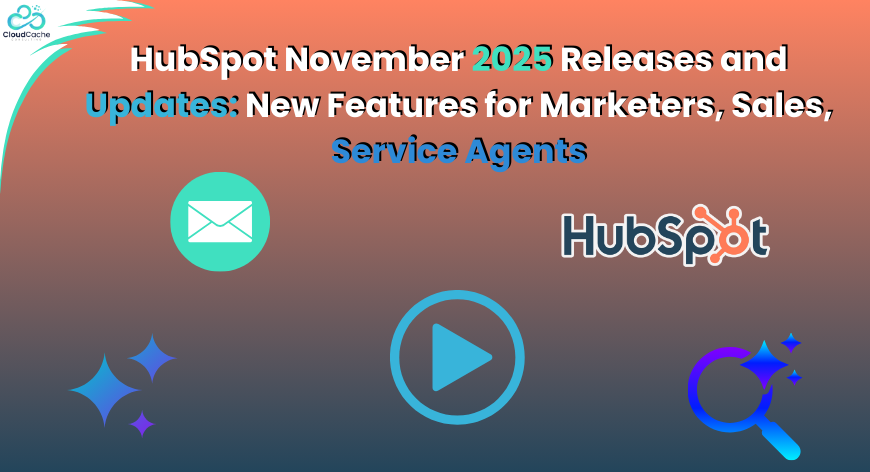

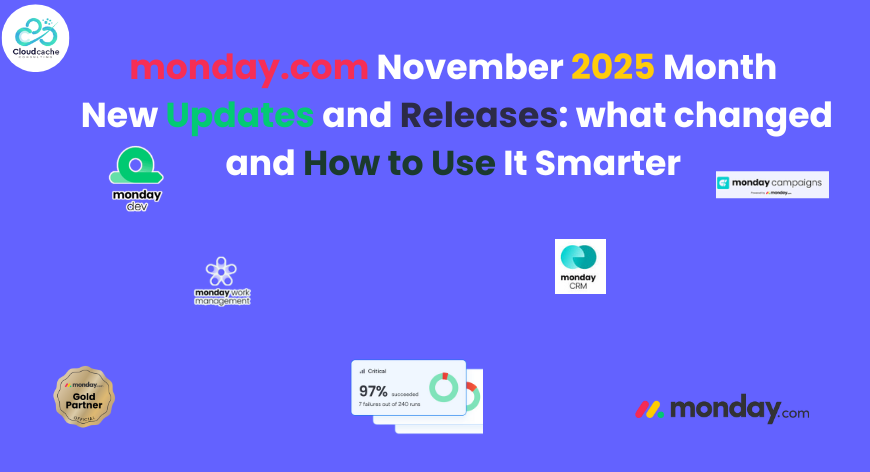

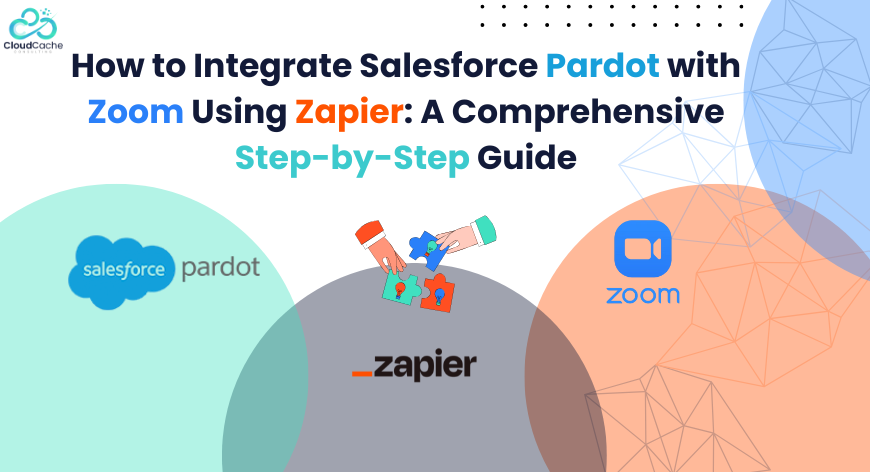

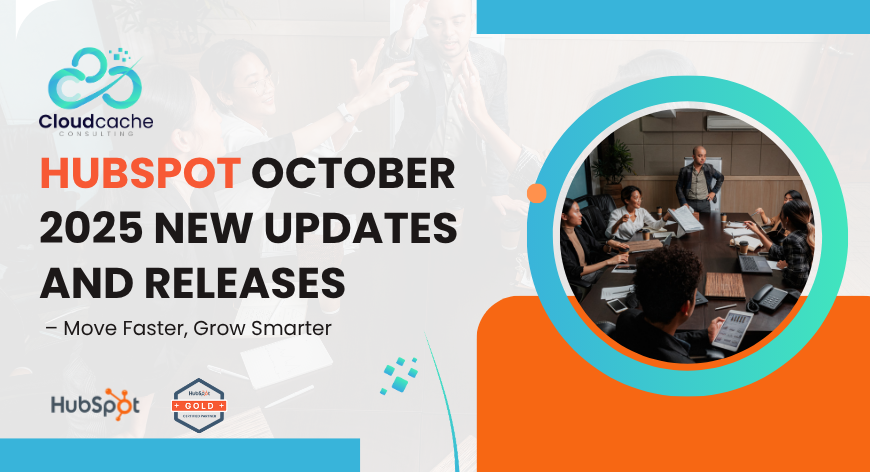
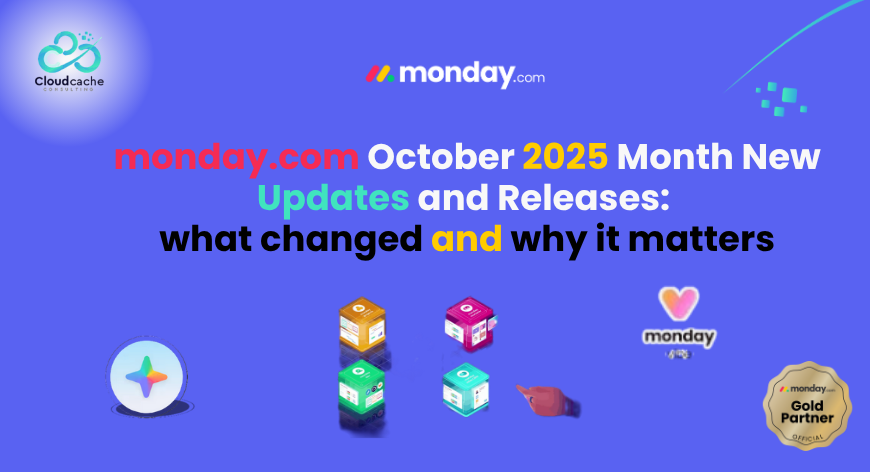


Leave a Reply
Your email address will not be published.